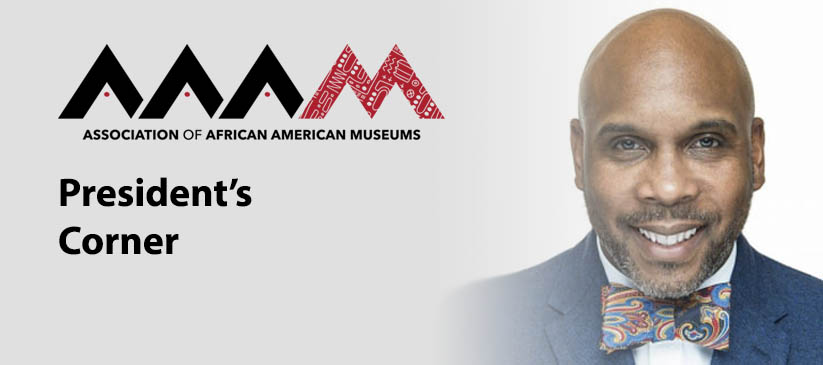
On June 29, the Supreme Court’s decision to effectively end affirmative action is part of a myriad of events in our country that are attempting to erase our histories {yes…its plural because we are not monolithic} and prevent us from equitable access to education, wealth, and joy. I choose joy versus happiness because it implies a state of mind that is consistent and unwavering. The reality is that there is a movement afoot that is fine with black people experiencing happiness that is temporary but opposes joy by creating systems of oppression that are dauntingly rigid and unforgiving.
From 1868 with the opening of the College Museum in Hampton, VA (now known as the Hampton University Museum) to the 2023 opening of the International African American Museum in Charleston, SC, African American museums have disrupted the colonial project of museums in order to dismantle western practices to support their cultural needs and exhaustively interpret the black experience. Before there were predominantly white institutions seeking to be inclusive and community-oriented; there were institutions of color that were founded on these tenets of community, inclusion, and equity.
This Supreme Court ruling on affirmative action is another signifying moment for African American museums and other cultural institutions that interpret the black experience to remain vigilant in illuminating black history and culture as well as our community’s contributions to the arts and sciences. The work of social justice is iterative and changes with each era. Let’s continue to lead this charge with a spirit of innovation and a desire for justice.
Dr. Cornel West said, “Justice is what love looks like in public.” This is “love” work and I can think of no emotion that better describes the essence of African American museums.
Sincerely on the behalf of the Board of Directors,
Omar Eaton-Martinez
President of the Board
Association of African American Museums